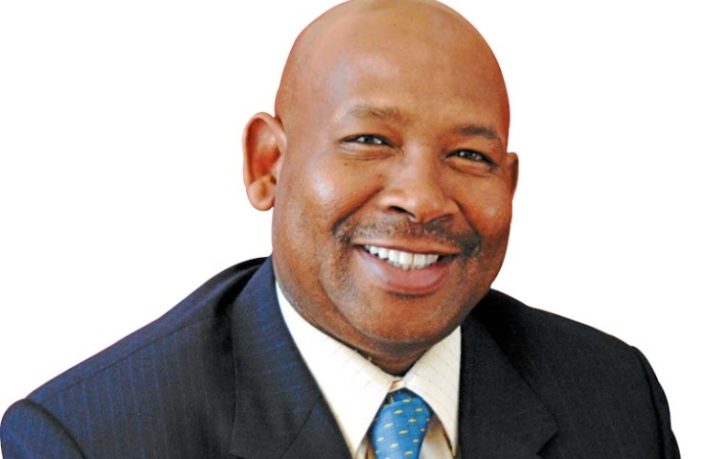- South Africa’s state owned utility has reported a staggering R20.7 billion loss for the last financial year.
- Irregular expenditure for the current year totalled R6.6 billion, of which R1.5 billion relates to new transgressions.
- There has been encouraging progress to instil governance and to root out financial mismanagement, malfeasance, and maladministration at the state energy utility.
- 95% of the open disciplinary cases relating to procurement breaches have since been finalised, with about 10% of cases resulting in employee exits.
- Lifestyle audits of 365 senior employees have been conducted to ensure that those employees comply with the highest standards of integrity and ethics.
- The high risk cases have been handed over to the Special Investigating Unit (SIU) for further investigation.
After its appointment last year, the Board’s focus was on three key issues – addressing governance failures and rooting out corruption, the weak financial position, and the declining revenue, all of which were threatening the sustainability of the Company.
“On restoring governance, Eskom is cooperating with regulatory bodies and law enforcement agencies conducting major investigations into matters of fraud and corruption affecting the organisation. Investigations are by nature lengthy, given legislative processes” outgoing Eskom Group Chief Executive Phakamani Hadebe said.
“Furthermore, with the restoration of a culture of ethics and whistle-blowing, there has been an increase in total whistle-blowing incidents reported resulting in investigations and employee exits” he added.
Eskom reported that irregular expenditure for the current year totalled R6.6 billion, of which R1.5 billion relates to new transgressions. The remaining R5.1 billion is attributable to issues which had been detected previously and are continuing until the related contract is condoned, or to prior year transgressions identified during the year as part of the clean-up process.
The utility will continue with its unbundling plans which seek to redress structural deficiencies and will see Eskom being split into three entities, namely Generation, Transmission and Distribution, each wholly owned by Eskom Holdings. These three entities will have separate assets, debt, employees, licences and financial statements, and will deal with each other at arm’s length.
The group recorded a net loss after tax of R20.7 billion for the year (March 2018: R2.3 billion), and EBITDA of R31.5 billion (March 2018: R45.4 billion). The EBITDA margin declined to 17.5% (March 2018: 25.6%, restated), mainly due to increased primary energy and employee benefit expenditure, combined with largely-stagnant revenue growth during the year. There was a substantial increase in depreciation and net finance cost resulting in a growth in net loss.
Primary energy costs (including coal, liquid fuels and Independent Power Producers) increased to R99.5 billion (March 2018: R85.2 billion). Usage of OCGTs, Eskom and IPPs, increased substantially driven by poor plant performance and supply constraints at a cost of R6.5 billion (March 2018: R0.3 billion). Expenditure on renewable IPPs increased to R22.2 billion for the year (March 2018: R19.0 billion) primarily due to the commissioning of new renewable IPPs during the year.
Other highlights of the annual report include:
- Recovered R1 billion from McKinsey, R600milion expected from Trillian, pursuing recovery from 10 suppliers where total spend amounts to approx. R72 billion.
- Reduced operating expenditure by R9.9 billion against a savings target of R10.6 billion. However, cost savings absorbed to minimize loadshedding.
- EBITDA margin declined to 17.5% from 25.6% in previous year.
- Operational performance stable, but Generation energy availability factor (EAF) at 70%.
- Further deterioration of Environmental performance.
- Municipal arrear debt rose to R20 billion.
Author: Bryan Groenendaal















